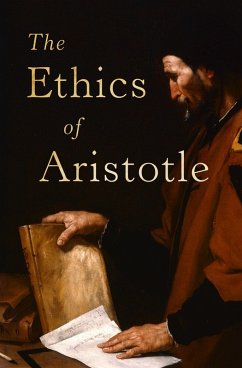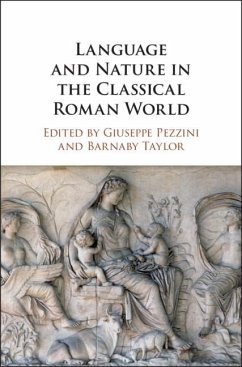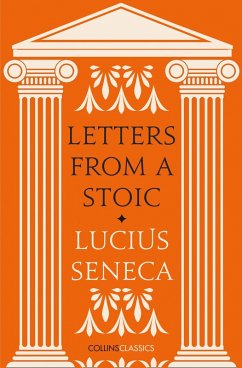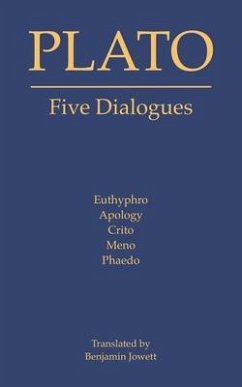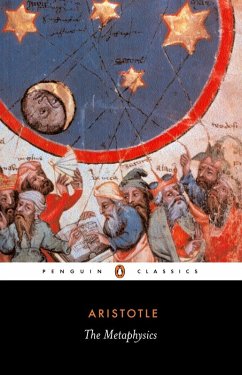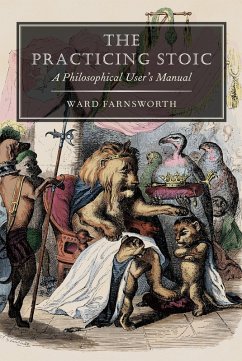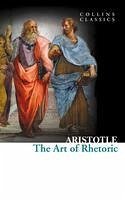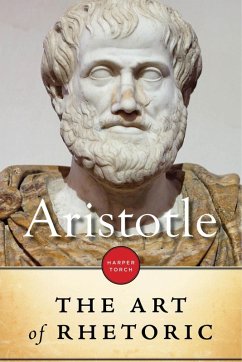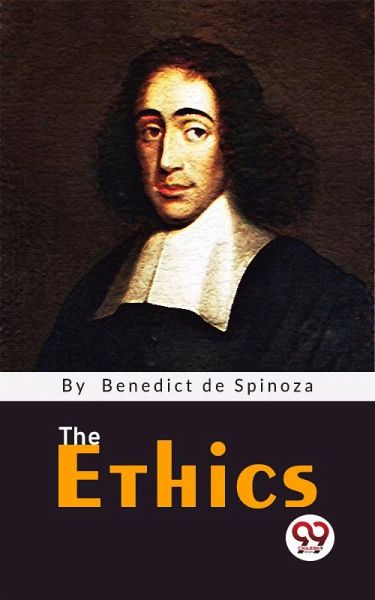
The Ethics of Aristotle (eBook, ePUB)
Versandkostenfrei!
Sofort per Download lieferbar
0,99 €
inkl. MwSt.
Weitere Ausgaben:

PAYBACK Punkte
0 °P sammeln!
Baruch Spinoza composed a philosophical work titled The Ethics in Latin. The book is a comprehensive attempt to use Euclid's technique in philosophy. The link between God and the cosmos is discussed in the first section of the book. Additionally, he contends that the cosmos is what it is due to necessity rather than divine will or a religious explanation. According to this perspective, rather than being God's creation, the cosmos is made of God. The human mind and how we come to understand our ideas, as well as those of other bodies, are the main topics of the second section. According to Spin...
Baruch Spinoza composed a philosophical work titled The Ethics in Latin. The book is a comprehensive attempt to use Euclid's technique in philosophy. The link between God and the cosmos is discussed in the first section of the book. Additionally, he contends that the cosmos is what it is due to necessity rather than divine will or a religious explanation. According to this perspective, rather than being God's creation, the cosmos is made of God. The human mind and how we come to understand our ideas, as well as those of other bodies, are the main topics of the second section. According to Spinoza, we cannot know our minds any more intimately than we know our bodies. Spinoza contends that all things, including people, try to maintain their perfection of power in being unaffected in the third section of his Ethics. According to Spinoza, power and virtue are equivalent. The fourth section examines human emotions, which, according to Spinoza, are mental faculties that lead us to seek out and avoid pleasure and misery. The fifth section makes the case that reason can control the effects of the pursuit of virtue, which for Spinoza is self-preservation. Only with reason's help can people tell which passions are beneficial to virtue from those that are ultimately destructive.
Dieser Download kann aus rechtlichen Gründen nur mit Rechnungsadresse in A, D ausgeliefert werden.




